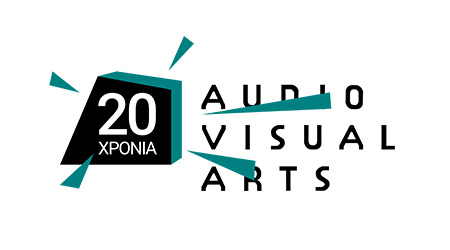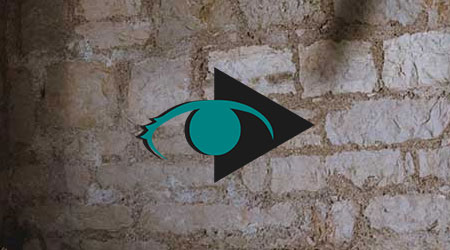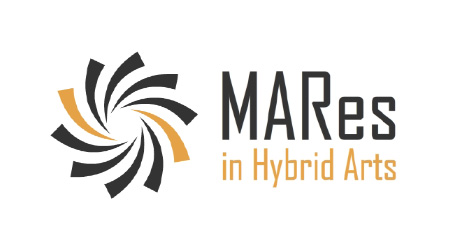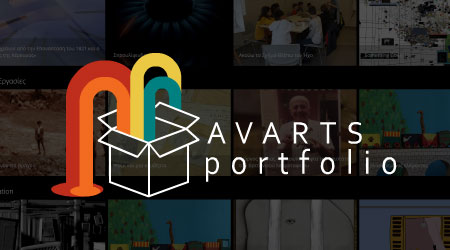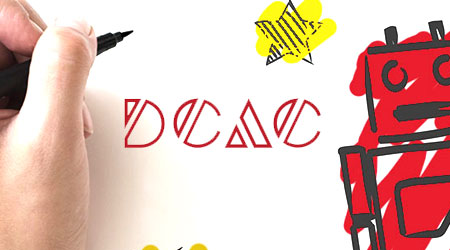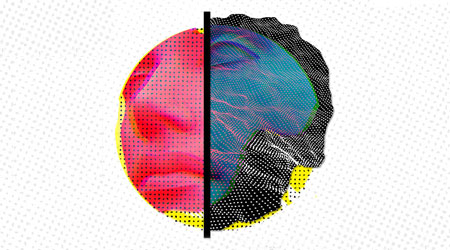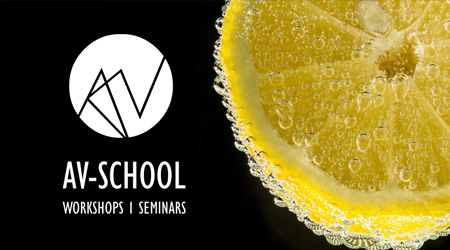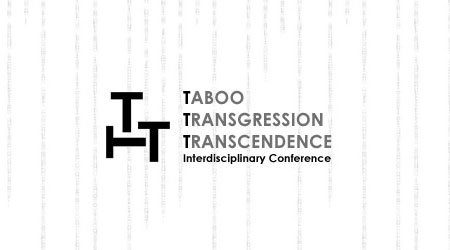Digital Composing of Virtual Environments
Teaching Staff: Pergantis Minas
Course Code: AVA745
Course Category: Deepening Knowledge
Course Type: Elective
Course Level: Undergraduate
Course Language: Greek
Delivery method: Lectures
Semester: 7th
ECTS: 7
Teaching Units: 5
Teaching Hours: 5
E Class Page: https://e-class.ionio.gr/courses/DAVA199
Teaching Structure:
| Activity | Semester Workload |
|---|---|
| Lectures | 26 |
| Lab Practice | 39 |
| Literature Study and Analysis | 48 |
| Practice and Preparation | 26 |
| Course Total (ECTS: 7) | 139 |
Recquired / Recommended : (THE104), (TEC311), (TEC414)
Prerequisite to / Recommended to: (AVA846), (AVA942), TEC999
Presentation of the basic concepts, definitions and principles of virtual reality, as well as of the digital virtual world composition methods. Creation of virtual 3D real time environments and of the proper digital content, using contemporary specialised software and methods. Designing and creation of intelligent interactive object models and user’s interface. Combing sound and image devices and special controls for developing experimental virtual environment installations. Examples of artistic expression media and generally of complete interactive works through the use of advanced techniques and virtual reality technologies. Critical analysis of the production procedure of a complete 3D virtual environment application. Finally, the students’ projects are presented and analysed.
The objective of the course is to provide to the students the means to understand the why virtual worlds are constructed and how these worlds interact with the user.
The successful attendance of the course offers the ability to the corresponding students to:
- use the Unity engine to create virtual environments
- write programming code in C# in order to creat interactions to the virtual environments
- create simple 3d or 2d videogames
1st Week
General introduction to the course and to Unity engine. Inserting objects to the environment and description of the corresponding parameters (ccordinates, rotations etc). Tools of the application.
2nd Week
Basic elements of objectoriented programming and of C# programming language. Unity scripting. Examples of simple programms in C#
3rd Week
Moning objects in the virtual environment with coding (translate, rotate). Use of the corresponding function. Using keyboard to interact with the emvironment.
4th Week
Using Unity tools in order to create virtual terrain and natural environment (mountain, trees, valeys etc). Inserting textures to the environment.
5th Week
Description of Unity prefabs in order to create custom objects. Inserting to the environment the First Person Controler and its basic properties.
6th Week
Example: moving platform with user interaction. Using functions and variables for the movement.
7th Week
Physics in Unity. Solids, gravity, friction, elasticity. Examples with forces, torgue, restrictions etc.
8th Week
Using the graphic user interface of Unity (GUI). Menus, texts UI, pictures
9th Week
Creating different scenes to the virtual environment. Changing levels of the videogame with code in C#. The use of buttons.
10th Week
Sprites for 2d animation creation in Unity.
11th Week
Description of the Unity avatar and the android Third Person Controler (Ethan). Animation of the character with the state tree.
12th Week
Example: opening and closing doors. The methods OnTriggerEnter() and OnCollissionEnter() for user interaction.
13th Week
General course overview – talk about students’ projects for the course.
- Thorn, Mastering Unity Scripting | PACKT Books. Packt Publishing, 2015.
- Dr. Lavieri, Getting Started with Unity 5: Packt Publishing, 2015.
Teaching is taking place in the classroom where the basic theory is presentment together with provided examples. At the lab the students try to create their own virtual environments testing the methods and the examples.
Enhanced by multimedia content.
The learning process is supported by the asyncrhonous e-learning platform e-class.
The evaluation is a result of the final project, namely a virtual world or a videogame
Back
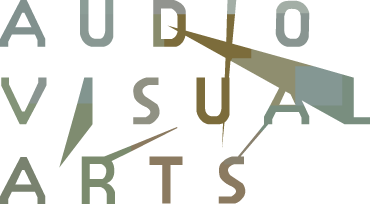


 Digital Composing of Virtual Environments
Digital Composing of Virtual Environments
